Posted on 7/28/2025
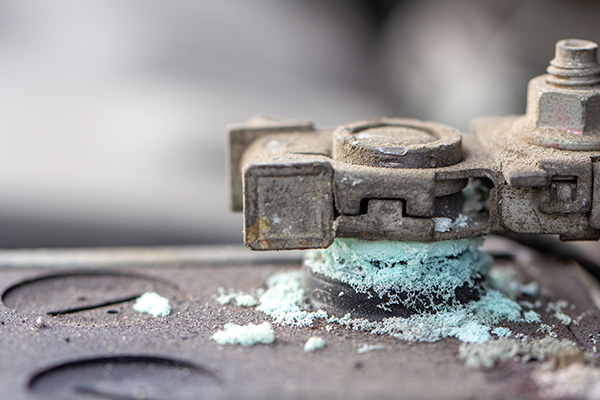
When your car refuses to start, many drivers immediately think of a dead battery or a failing starter motor. However, one often-overlooked culprit is a loose battery terminal. While it may seem like a minor issue, a loose connection at the battery can cause a range of electrical problems, including trouble starting your car. Let’s explore why this happens and why it’s important to fix it promptly. Battery Terminals Battery terminals are the connection points where the battery cables attach to the battery posts. These terminals are responsible for delivering power from the battery to your car’s electrical system, including the starter motor, lights, and accessories. When these connections are tight and clean, electricity flows smoothly. However, if a terminal becomes loose or corroded, it can disrupt this flow, resulting in a range of issues. How a Loose Terminal Affects Starting A loose terminal can prevent your battery from deli ... read more
Posted on 6/27/2025
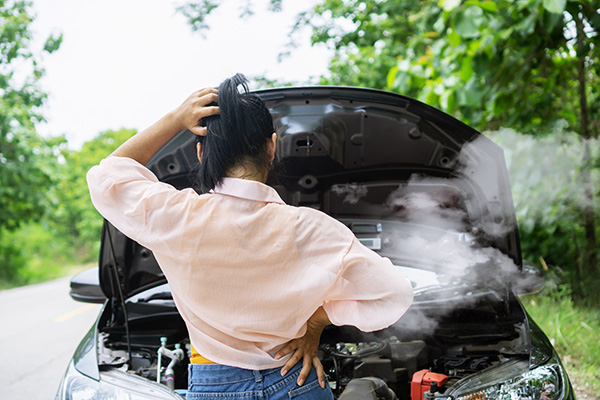
You’ve probably heard it time and again—change your oil regularly. Still, with busy schedules and tight budgets, it’s tempting to let it slide for a few weeks or even months. But the truth is, oil changes are one of the simplest and most cost-effective ways to preserve your engine’s health. Skipping just one service interval can set off a chain of problems that build silently and strike hard when you least expect it. Understanding what happens when you delay or skip an oil change can help you make better decisions for your vehicle and avoid serious repair bills down the road. Why Engine Oil Is So Important Your engine is made up of hundreds of moving parts working together at high speeds and high temperatures. Motor oil keeps those parts lubricated, reduces friction, carries away heat, and traps dirt and contaminants. As oil circulates, it protects the engine’s internal surfaces from metal-on-metal wear, which can lead to damage over ti ... read more
Posted on 5/30/2025
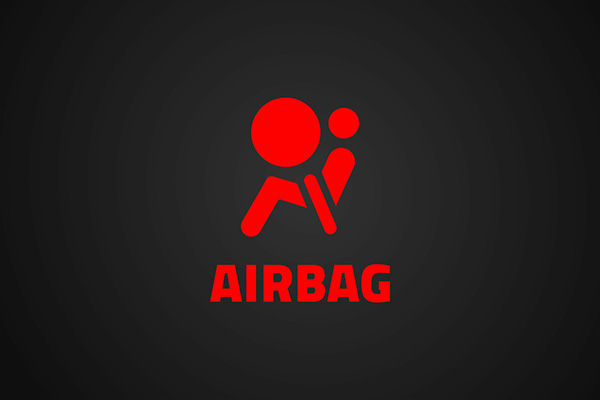
When your airbag warning light comes on, it’s easy to ignore—especially if everything else seems to be working fine. But this little light serves a big purpose. It’s the system’s way of telling you that something might be wrong with your vehicle’s Supplemental Restraint System (SRS), which includes your airbags and seatbelt pretensioners. If this system isn’t working correctly, you may not be fully protected in the event of a collision. Here’s what the airbag light means, why it’s important not to overlook it, and what steps you should take next. The Airbag Warning Light When you first start your car, the airbag light briefly turns on as part of the system’s self-check. If everything is functioning properly, the light turns off after a few seconds. If it stays on or starts flashing, the system has detected a fault and has likely disabled one or more of your airbags. This doesn’t mean your airbags will depl ... read more
Posted on 4/28/2025
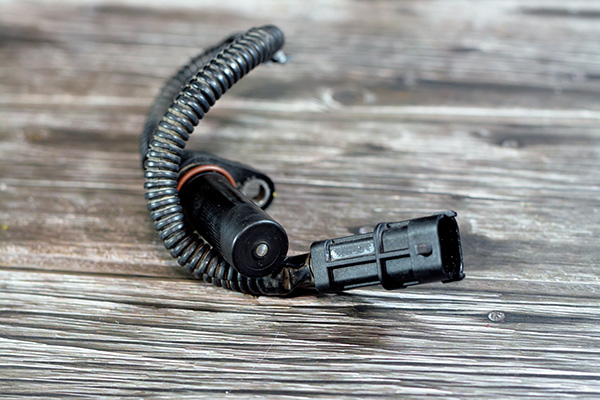
Your engine might seem like a mechanical beast, but at its core, it runs on precise information. One of the most important sources of that information is the crankshaft speed sensor. Also called a crankshaft position sensor, this small but powerful component tells your vehicle’s computer when and how fast the engine is turning. If that sounds simple, it’s not. Without accurate data from the crankshaft speed sensor, your engine won’t run properly—if it runs at all. Here’s why this sensor plays such a critical role under the hood and what happens when it starts to fail. What Does a Crankshaft Speed Sensor Do The crankshaft is the central rotating shaft in your engine. It converts the up-and-down motion of the pistons into the rotational force that moves your car forward. The crankshaft speed sensor keeps track of that rotation by measuring the position and speed (RPM) of the crankshaft in real-time. This information is sent directly to t ... read more
Posted on 3/28/2025

There’s nothing worse than a breakdown when you’re miles from home, especially during a road trip. Whether you're driving across the country or just heading to a weekend getaway, car trouble can turn an exciting adventure into a stressful and expensive ordeal. Some breakdowns are minor inconveniences, while others can leave you stranded for hours—or even days—waiting for repairs. Knowing how to prevent these issues will help keep your trip on track. 1. Engine Overheating Few things are as stressful as watching your temperature gauge climb into the red. An overheating engine can cause severe damage, from warped cylinder heads to a blown head gasket. Common causes include low coolant levels, a failing water pump, or a stuck thermostat. If your engine overheats, pull over immediately and let it cool down before checking the coolant level. Never open the radiator cap while the engine is hot—the pressurized coolant can cause severe burn ... read more
Posted on 2/28/2025
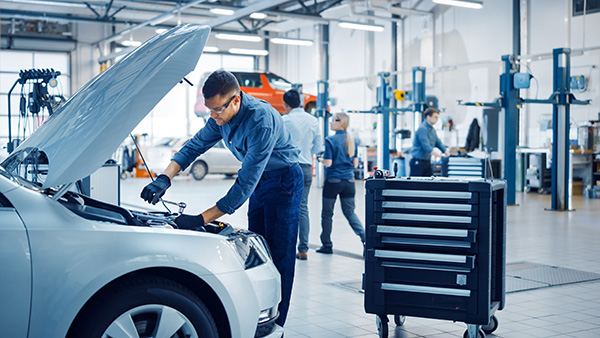
A louder-than-usual engine can be annoying, concerning, and even dangerous if left unchecked. While all engines make some noise, a sudden change in volume or tone can mean something isn’t working correctly. Whether it’s a deep rumbling, high-pitched squeal, or a rattling sound, unusual engine noise could point to an exhaust issue, low oil, worn-out components, or failing mounts. Some causes are minor, while others can lead to expensive repairs or serious performance issues. Exhaust System Leaks and Muffler Damage A damaged exhaust system is one of the most common reasons for an engine that suddenly sounds louder. The exhaust system directs harmful gases away from the engine while also reducing noise. If there’s a leak, crack, or hole anywhere in the system, the sound-dampening effects are lost, making your engine noise much more noticeable. Muffler damage is another possibility. A failing muffler won’t be able to absorb engine sound properly ... read more
Posted on 1/31/2025
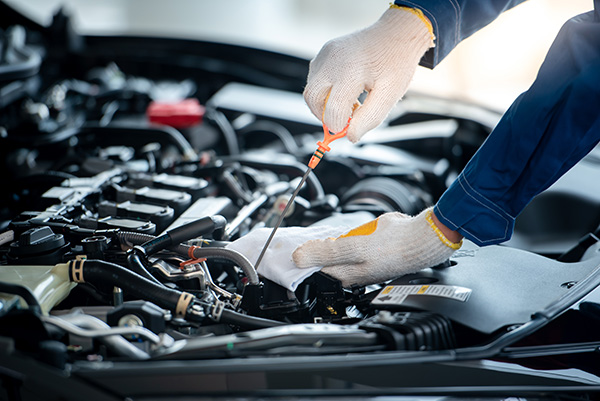
Buying a car is a big decision. Whether it's your first vehicle or an upgrade, it’s a significant investment that comes with responsibilities. But how can you ensure that the car you’re considering is worth the price and won’t come with hidden problems? The answer is simple: never skip a pre-purchase car inspection. This essential step can save you money, time, and stress by uncovering potential issues before you commit. Let’s explore why this step is so important and how it protects you as a buyer. What a Pre-Purchase Inspection Is A pre-purchase inspection is a detailed assessment of a vehicle’s condition performed by a certified technician or an experienced professional. This comprehensive evaluation covers everything from the engine and transmission to the brakes, suspension, and even the interior electronics. It’s not just a surface-level check; it’s about uncovering the true health of the car. In Eugene, OR, where ... read more
Posted on 12/20/2024

Oregon is famous for its breathtaking mountain landscapes, and Eugene, OR, is perfectly positioned as a gateway to many of these scenic routes. However, the beauty of these roads comes with a unique set of challenges. From winding curves to unpredictable weather, driving through Oregon’s mountain roads demands preparation and caution. So, how can you ensure a safe journey? Let’s explore some key strategies to navigate these roads like a pro. Understand the Terrain and Conditions Mountain roads in Oregon are anything but ordinary. You’ll encounter sharp turns, steep inclines, and sudden descents, often with limited guardrails. Before setting off, familiarize yourself with the route using a reliable GPS or map. Take note of potential hazards, such as narrow stretches or areas prone to rockslides. Weather plays a significant role, too. In higher altitudes, conditions can change rapidly. Even if it’s sunny when you leave Eugene, OR, you could fac ... read more
Posted on 11/29/2024
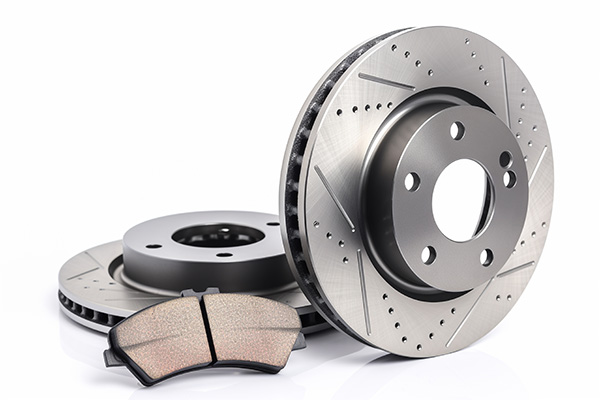
Ever wondered what happens when you press your car’s brake pedal? It’s a process we often take for granted, yet it’s paramount for your safety on the road. Your car’s braking system is a complex network of components working together to ensure you can stop efficiently and in control. Let’s see how this essential system works from the moment you press the pedal to the point where your vehicle comes to a halt. The Basics of Your Car’s Braking System At its core, the braking system converts your car’s kinetic energy into heat, slowing it down or bringing it to a stop. This process begins when you press the brake pedal. The pedal acts as a trigger, sending a signal to the system to initiate braking. But what happens after that? The system primarily consists of these components: Brake Pedal: Your input point. Pressing it sets the entire system in motion. Master Cylinder: Acts as a hydraulic pum ... read more
Posted on 10/31/2024
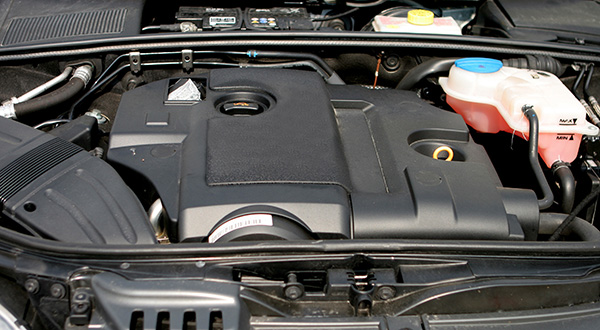
Feeling your car vibrate while idle can be annoying and concerning. While everything should be calm and quiet at a stoplight, your vehicle feels like it's shaking or shuddering in place. Why does this happen, and what can you do about it? Common Causes of Car Vibrations While Idling There are a few usual suspects when it comes to vibrations while your car is idling. The most frequent causes are related to engine components, mounts, or the exhaust system. Each of these areas can trigger the unwanted shaking sensation if something is out of order. 1. Worn Out or Faulty Spark Plugs One of the most frequent culprits behind a vibrating car at idle is bad spark plugs. Spark plugs ignite the air-fuel mixture inside your engine’s cylinders. If one or more of your spark plugs aren’t firing correctly, it can lead to uneven engine performanc ... read more